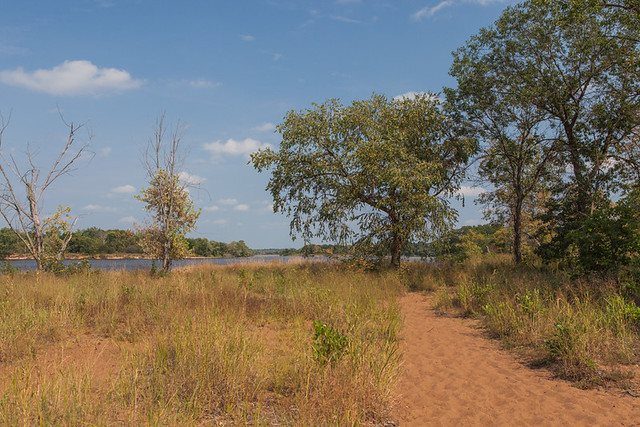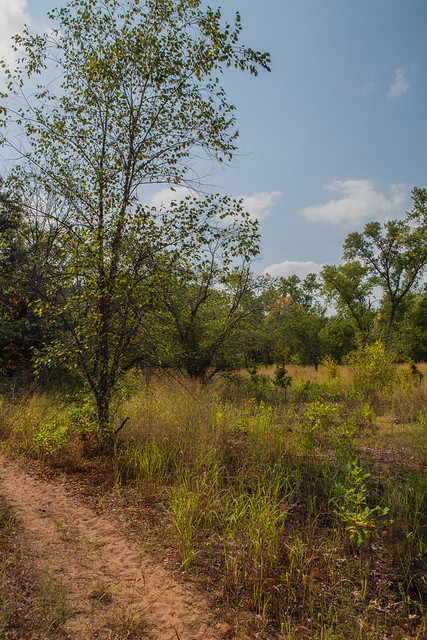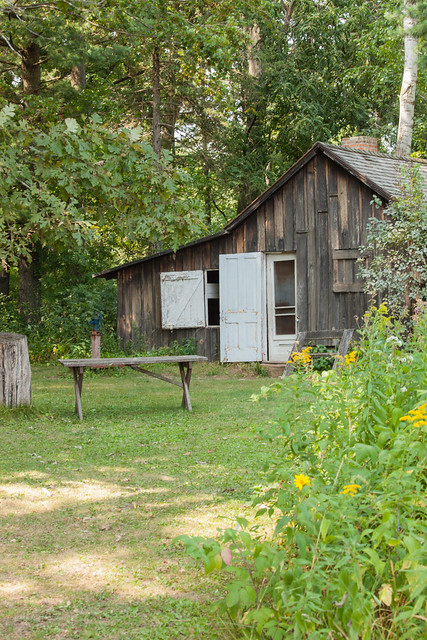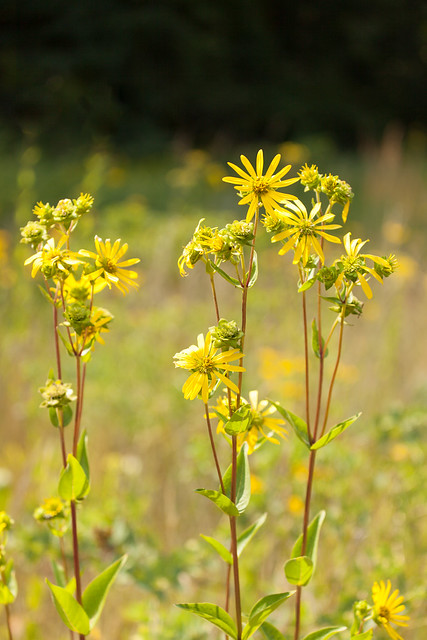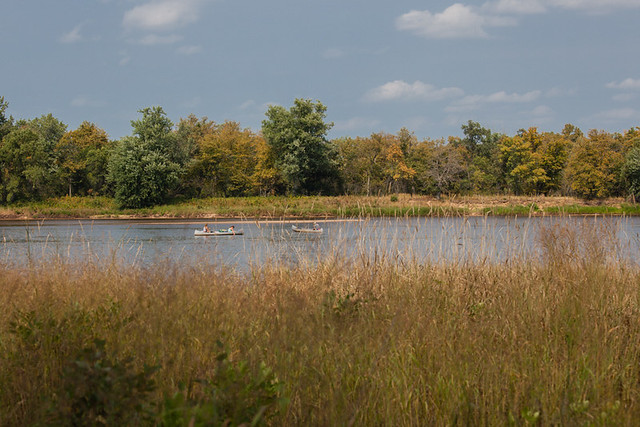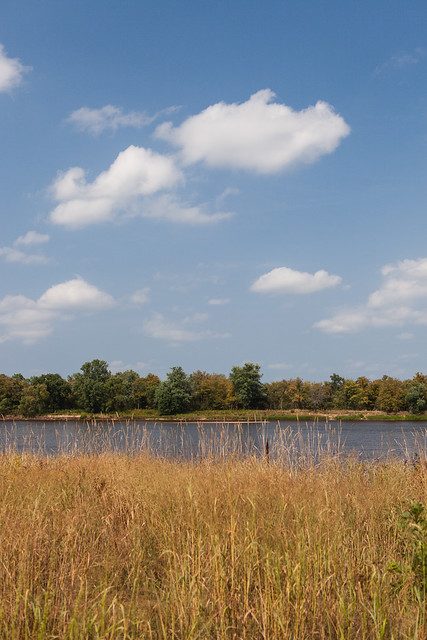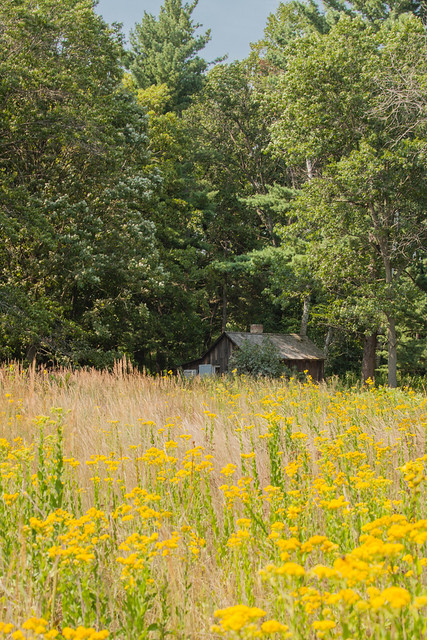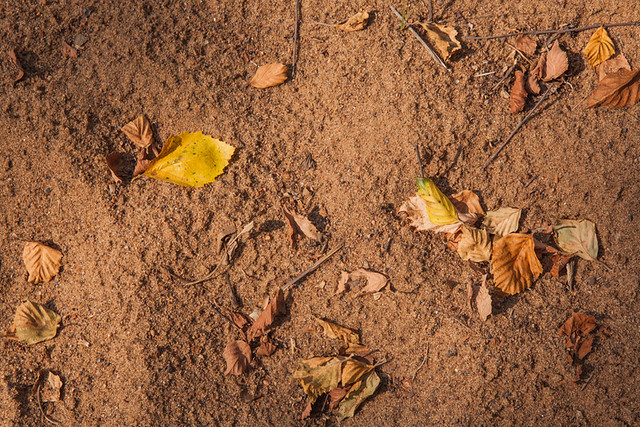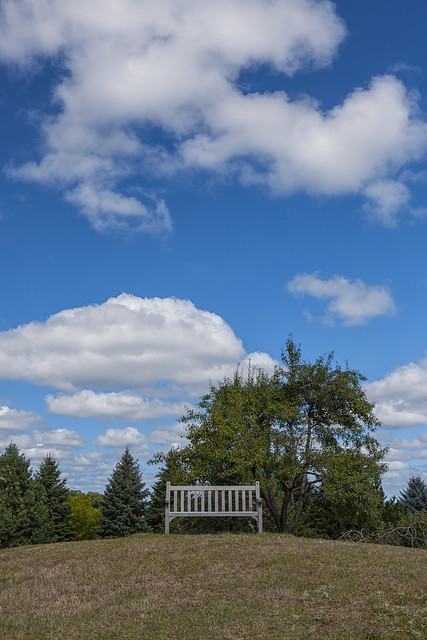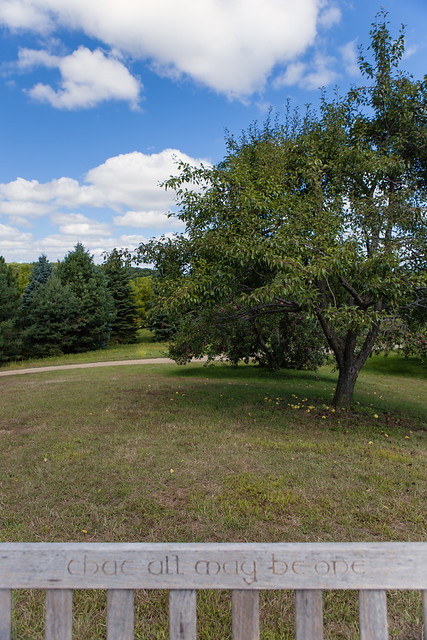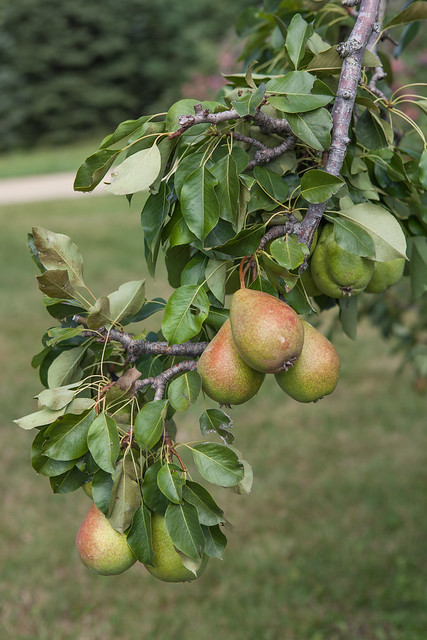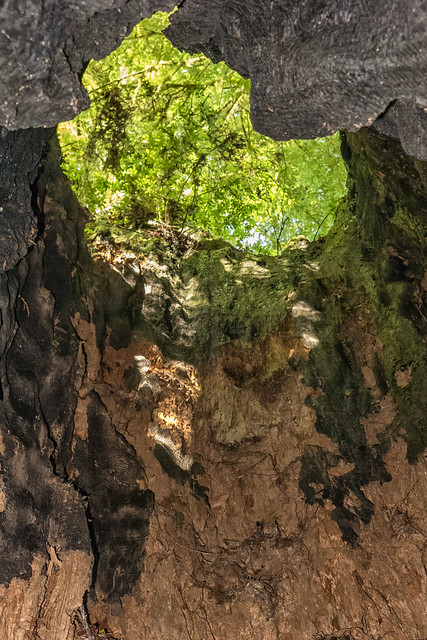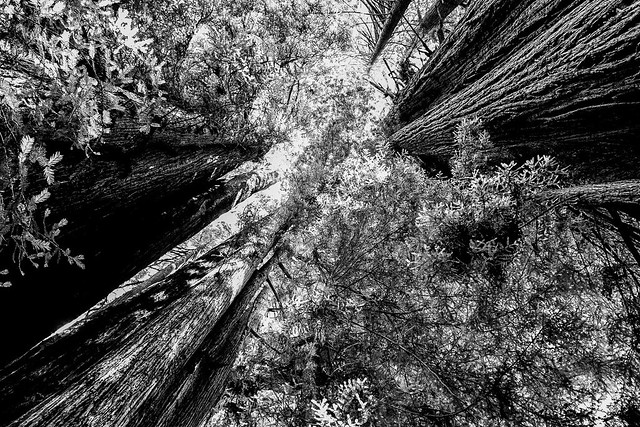I visited with Aldo Leopold.
Well, I didn’t exactly see Aldo in person, but I walked the paths Aldo walked, gazed at the river scenes Aldo studied, photographed the prairie flowers Aldo sketched and wrote about, and clumped along in the sand where Aldo would have walked 70 years ago.
You may be wondering who is this Aldo Leopold. His name is not a household word unless you are into the study of ecology and environmental issues. Yet he was one of the first scientists to discuss the land ethic — taking care of our earth is a sustainable manner.
Curt Meine, a research associate of the International Crane Foundation, wrote:
“Aldo Leopold was a forester and wildlife ecologist who wrote A Sand County Almanac, a collection of essays about the natural world and conservation. The book was published posthumously in 1949. A Sand County Almanac went on to become one of the key texts of the environment movement. Leopold is closely identified with “The Land Ethic,” the final essay in the Almanac, in which he argued that people are part of the “land community,” and so bear moral responsibilities that extend beyond the realm of the human to include the non-human parts of that community.”
Sherpa and I walked from the quiet country road that meanders through wooded land, past Aldo Leopold’s Shack, and through the sand barrens to the shores of the Wisconsin River. The land is rather wild, even though it is a part of the Aldo Leopold Foundation and has a schedule of tours to walk some of the trails, visit the inside of the shack, and listen to the life story of Leopold. Most people don’t hike the extra mile to the river, and so we spectacular hiking and plenty of solitude.
Leopold was a professor at the University of Wisconsin in Madison in the 1940s. He purchased this simple shack during that time, and he and his family spent most weekends here. He was a keen observer of the natural world and its interconnectedness with man. He wrote detailed accounts of the world as he observed it — phenological records — including weather, plant cycles, animal activity. And man’s impact upon the natural world.
“Keeping records enhances the pleasure of the search and the chance of finding order and meaning in these events.” ~ Aldo Leopold
“There are two things that interest me, the relationship of people to each other and the relationship of people to the land.”
~ Aldo Leopold
“Ethical behavior is doing the right thing when no one else is watching- even when doing the wrong thing is legal.”
~ Aldo Leopold
“We abuse land because we see it as a commodity belonging to us. When we see land as a community to which we belong, we may begin to use it with love and respect.” ~Aldo Leopold
“Our ability to perceive quality in nature begins, as in art, with the pretty. It expands through successive stages of the beautiful to values as yet uncaptured by language.” ~Aldo Leopold
Today I celebrate my 60th birthday. I had intended on taking a day trip to the Leopold land, but inclement weather thwarted my plans. So instead, I’m sharing photographs from a day I spent at Leopold’s Shack in August. I’m also sharing a few of my favorite quotes from Aldo Leopold.
It is, in part, from studying his writings that I have developed my own land ethic and sense of values.
